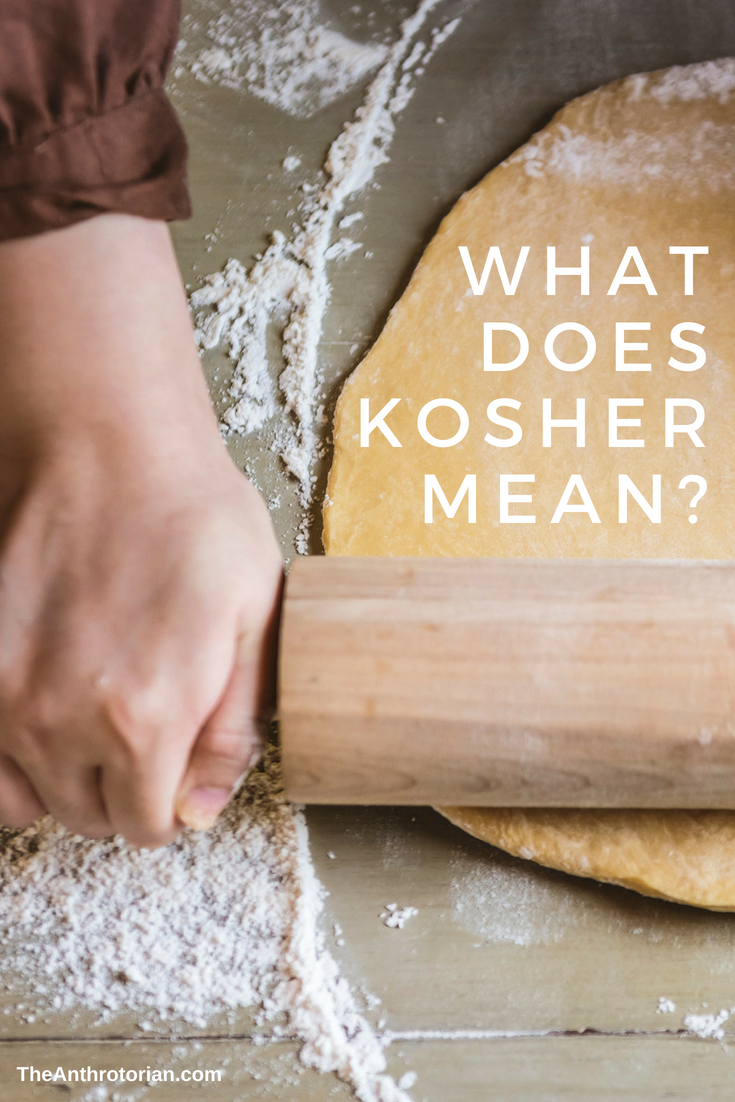The word 'kosher' gets thrown around in everyday language a lot lately, but do you actually know what it means?
According to the website Judaism 101, 'kosher’ describes a set of biblical dietary restrictions.
Contrary to popular belief, though they may recite blessings over a dinner table, rabbis do not bless food to make it kosher, and the word ‘kosher’ does not describe a style of cooking.
For example, Chinese food can be kosher if it is made in accordance with Jewish law and, on the flip side, typical Jewish food like bagels can be non-kosher if prepared incorrectly.
8 general rules for eating kosher
Only animals with cloven hooves who chew their cud can be eaten (that means no camel, badger, hare, or pig burgers allowed). Aquatic animals with fins and scales are fine, but shellfish are a no-no. Birds of prey, scavengers, rodents, reptiles, amphibians, and insects are forbidden (Indiana Jones is definitely not Jewish).
Animals must not have died from a natural death or been killed by another animal. There must be no diseases in their organs and they must be killed quickly with a deep stroke across the throat.
There is a belief in Judaism that an animal's life (aka soul) is contained in the blood, so all of it must be drained before the meat can be eaten.
You must not eat the sciatic nerve or blood-vessels surrounding it, and the fat that surrounds the vital organs is off limits.
All fruits and vegetables are kosher but not the bugs that crawl on them so they must be carefully inspected.
Meat and dairy must never be eaten together.
Dish-ware touched by dairy can never be touched by meat and vice versa.
Grape products like wine and juice, made by non-Jews are forbidden. (This rule stems back to ancient pagan religions’ use of wine in ritual).
Why are these rules in place?
The short answer? Because the Torah says so.
Apparently though, the Torah does not actually give reasons for these rules and many adherents believe that following the rules without needing reasons shows obedience to God.












